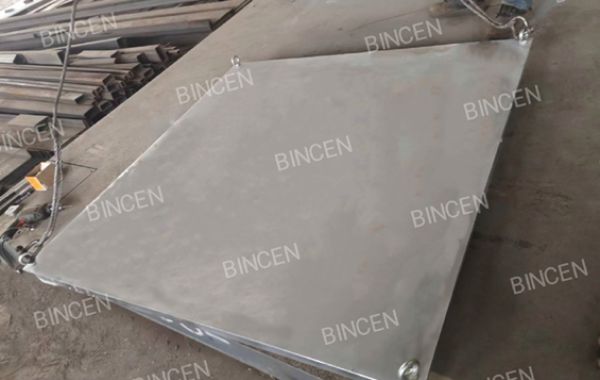Selecting the right electronic platform scale requires considering your specific needs and weighing requirements. Here are some key factors to evaluate:
- Capacity: Choose a scale with a capacity exceeding your typical weighing needs to accommodate future growth or occasional heavier items. Overloading a scale can damage it and compromise accuracy, so having some buffer capacity is important.
- Platform Size:The platform size should accommodate the size and weight of the items you'll be weighing. Ideally, there should be some additional space around the platform for maneuvering equipment or handling bulky items.
- Accuracy:Consider the level of accuracy required for your application. Most electronic platform scales offer high accuracy, but some models might be designed for exceptional precision in scientific or pharmaceutical settings.
- Readability:A clear and easy-to-read display is essential for efficient operation. Ensure the numbers are large enough and contrast well with the background lighting for optimal visibility.
- Additional Features: Evaluate features like tare weighing, counting functions, data connectivity, and user-friendly controls based on your specific needs. If data analysis is important, choose a scale with easy export capabilities.
- Durability: Consider the environment where the scale will be used and choose a platform material suitable for potential risks. For example, stainless steel is ideal for wet environments or areas with frequent cleaning.
By carefully considering these factors, you can select an electronic platform scale that enhances efficiency, accuracy, and data management for your specific application.








